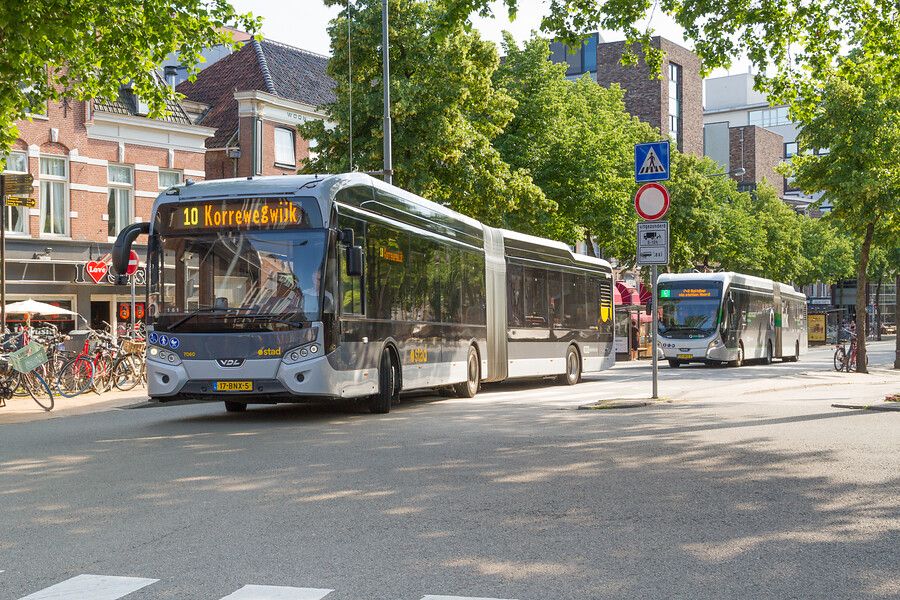
Calling for legal coherence for public transport in Europe: UITP joins forces with six associations
Help – not hinder – public transport’s ability to deliver Green Deal Goals!
In a joint statement on the proposed revision of the interpretative guidelines on Regulation (EC) No 1370 on public passenger transport services by rail and by road (‘PSO regulation’), a broad coalition of transport stakeholders calls on the European Commission to avoid undermining the legal framework for public transport organisation.
The PSO Regulation sets out the conditions under which transport operators can be compensated or given exclusive rights by public authorities to provide public transport services in the general interest. The Regulation, and the way it is interpreted, is therefore of crucial importance for the organisation of European public transport and rail sector.
The coalition, composed of UITP, CCRE-CEMR, CER, EMTA, Eurocities, POLIS and SGI Europe, welcomes the Commission’s initiative to revise the guidelines of the PSO Regulation as an opportunity to provide consistency and clear framework at the EU level, but cannot support the current version the text as it would create substantial uncertainty for the sector.
The text as its stands suggests new legal concepts and new interpretations of existing law, affecting the organisation of public transport in Europe.
It also introduces a new ‘demand-driven approach’ which is incompatible with sustainable mobility planning. Public authorities have all sorts of economic, environmental and social public policy goals which may require the provision of public transport services, in support of EU climate and air quality goals.
In the joint statement, the coalition calls for legal coherence for public transport in Europe, especially as at a time when the sector’s efforts are focused on sustainable recovery from the pandemic and a just transition to a climate-neutral, resilient Europe for all.
More on the PSO Regulation
Public Service Obligations (PSO) gave their name to Regulation (EC) 1370 on public passenger transport services by rail and road. This Regulation is at the core of how all public transport services are organised across Europe. The Regulation exists to ensure the provision of services that the market would not otherwise necessarily provide. In practice, this means that in exchange for operating public passenger transport services that they would not otherwise wish to carry out for commercial reasons, and in exchange for operating them under specific constraints, called public service obligations, public transport operators are awarded a financial or other type of benefit as well as an exclusive right on the public transport authority’s territory.
The Regulation also defines which award procedures for public services contracts are allowed. Under the Regulation, competent authorities have various choice as how to organise the public passenger transport services on their territory and on how to award public service contracts.
Finally, the Regulation establishes specific State Aid rules applicable to the public transport sector.












